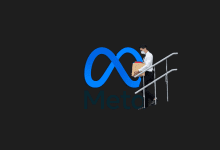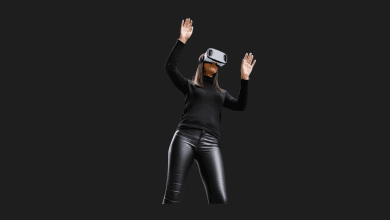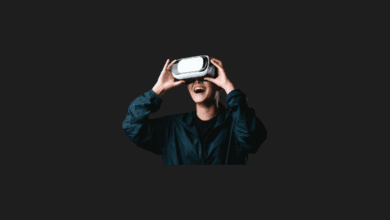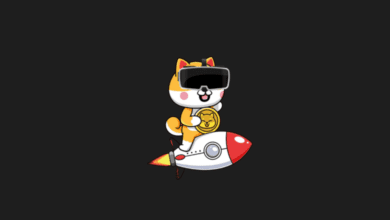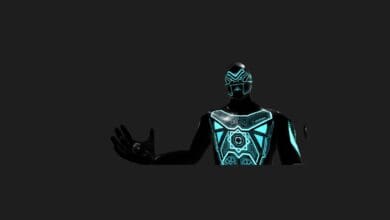The US Army Builds the Metaverse Faster Than Anyone

Since Facebook’s rebranding to Meta last year, the concept of the Metaverse has gained traction across various industries. However, discussions about the Metaverse can quickly become complex. The Metaverse, as envisioned by many, represents the next evolutionary phase of the internet.
It is commonly conceived as a 3D representation of the physical world, offering real-time interactions with others. Despite the growing interest and speculation, it’s important to acknowledge that no company has yet succeeded in fully realizing this vision.
Ordu Takes Metaverse World To The Next Level!

The gaming industry has seen the development of several virtual worlds, yet the vision of a fully functional Metaverse remains a distant reality.
Meta, formerly known as Facebook, is at the forefront of these developments. Mark Zuckerberg’s acquisition of Oculus, a VR headset company, for $2 billion, is one of the significant moves in this direction.
Meta has also made key acquisitions, including Instagram, WhatsApp, and Within, as part of its strategy to dominate multiple markets in the future.
All these platforms share a common thread: they are centered around social media. To date, the Metaverse has primarily facilitated social interaction, considered a basic application of its potential. While Meta is a leading player in this industry, the U.S. Army is making significant progress in the Metaverse space, albeit less conspicuously.
Their Synthetic Training Environment (STE) project, in development since 2017, aims to provide soldiers with realistic training simulations. However, STE extends beyond training, serving as a platform for experimentation and research, thereby acting as a proving ground for Metaverse technologies.
Unlike Meta’s approach, the Army is developing STE on an open platform, allowing for broader improvement and innovation.
This approach envisions a world where individuals can create and share their own virtual environments. The U.S. Army’s advancement in the Metaverse, particularly its use of an open platform, marks a significant step in the field, potentially offering more advanced and inclusive development opportunities.


